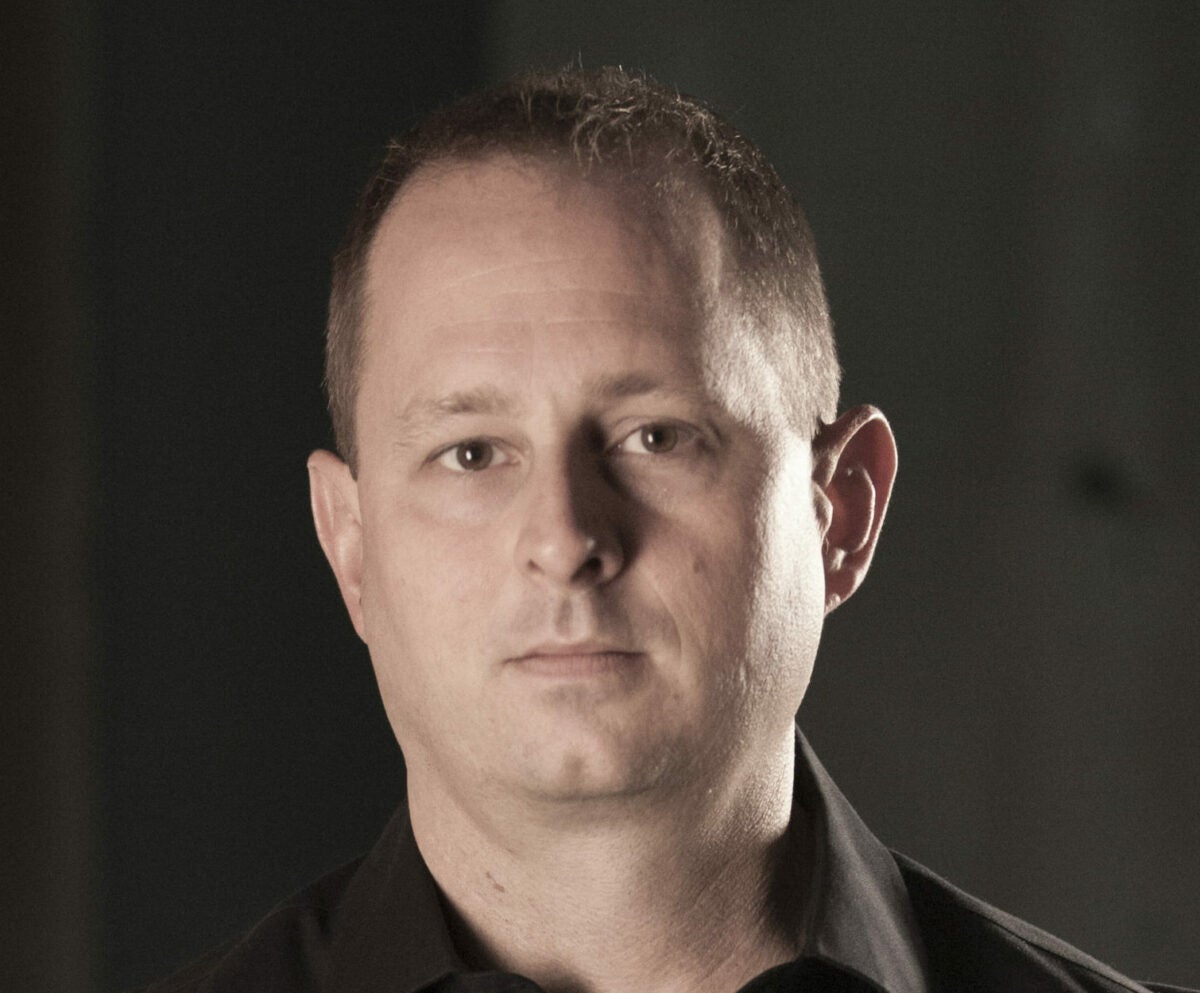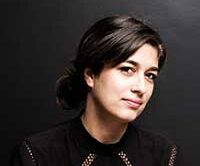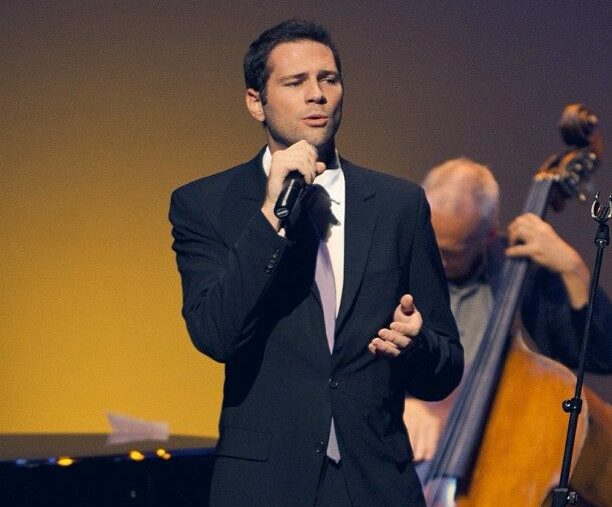
Jeff Burke
Associate Dean, Research and Technology; Professor
Jeff Burke is a three-time UCLA alumnus (B.S., M.S., electrical engineering; M.F.A., film, television and digital media) who has produced, managed, programmed and designed experimental performances, short films, new genre art installations and new facility construction internationally for more than 18 years. Burke has been a faculty member since 2001. In addition to his role developing technology and innovation strategy at UCLA TFT, his research explores the intersections of the built environment, computer networks and storytelling — in particular, how artists can participate in shaping the emerging digital means that they used to tell stories.
In 2004, Burke co-founded UCLA TFT’s Center for Research in Engineering, Media and Performance (REMAP), a collaboration with the Henry Samueli School of Engineering and Applied Science, which combines research, artistic production and community engagement. At REMAP, Burke’s research has been supported by the National Science Foundation (NSF) and NEA, Intel, Cisco, Trust for Mutual Understanding and the MacArthur Foundation, among others. From 2006-2012, he was area lead for participatory sensing at the NSF Center for Embedded Networked Sensing, helping to define a new application arena for mobile devices. Since 2010, he has been a co-PI and application team lead for the Named Data Networking project, a multi-campus effort supported by the NSF and an international consortium to develop a future Internet architecture, most recently supported through a joint Intel/NSF award for research on advanced platforms for augmented reality. In 2014, he received a three-year Google Focused Award on the “Future of Storytelling,” for work that will explore the intersection of storytelling and coding through research and production of original, interdisciplinary digital media works at UCLA TFT. Burke was profiled in the UCLA Optimist campaign and is currently working on Entropy Bound, an original play incorporating machine learning, introduced in UCLA Magazine.


